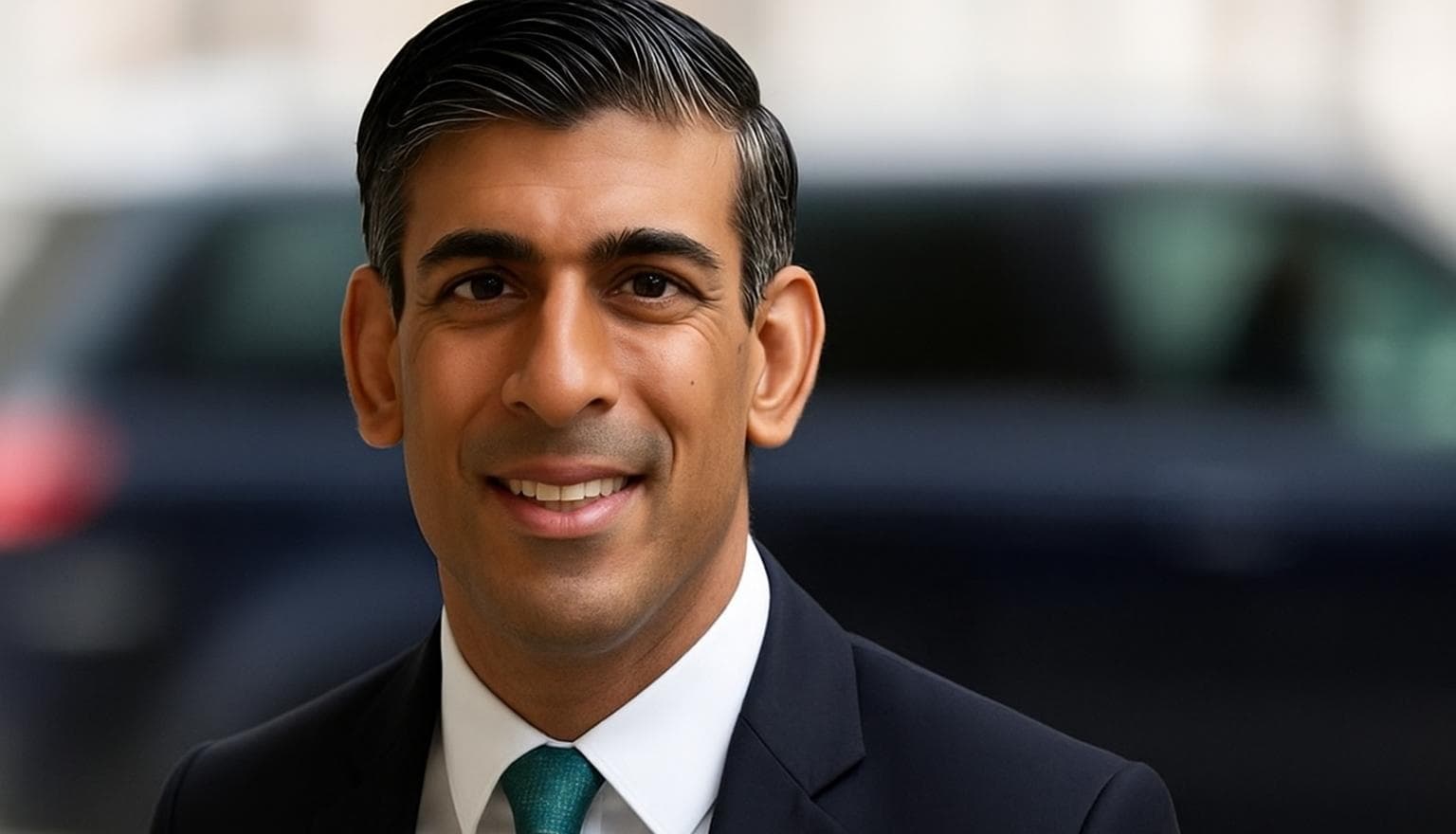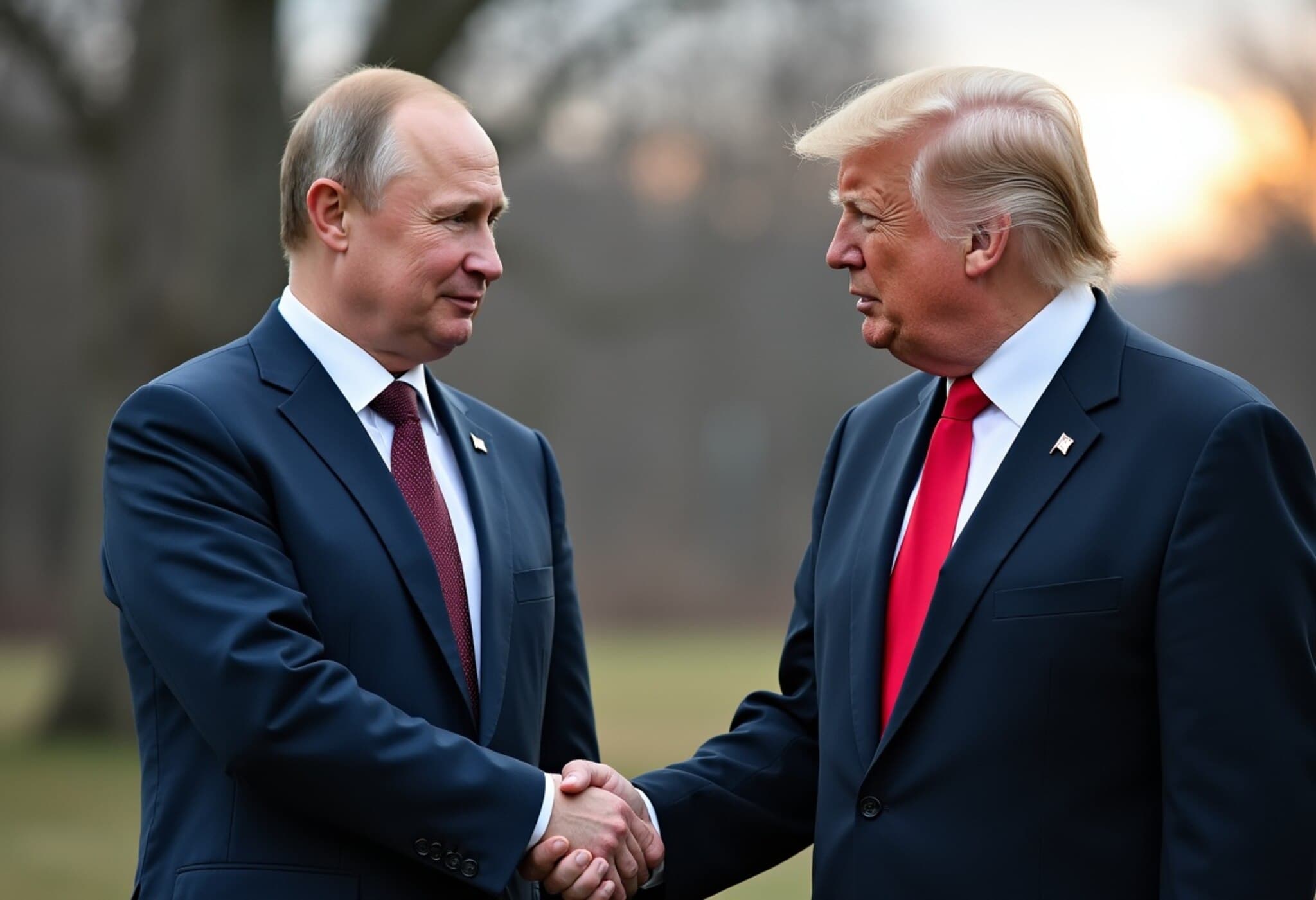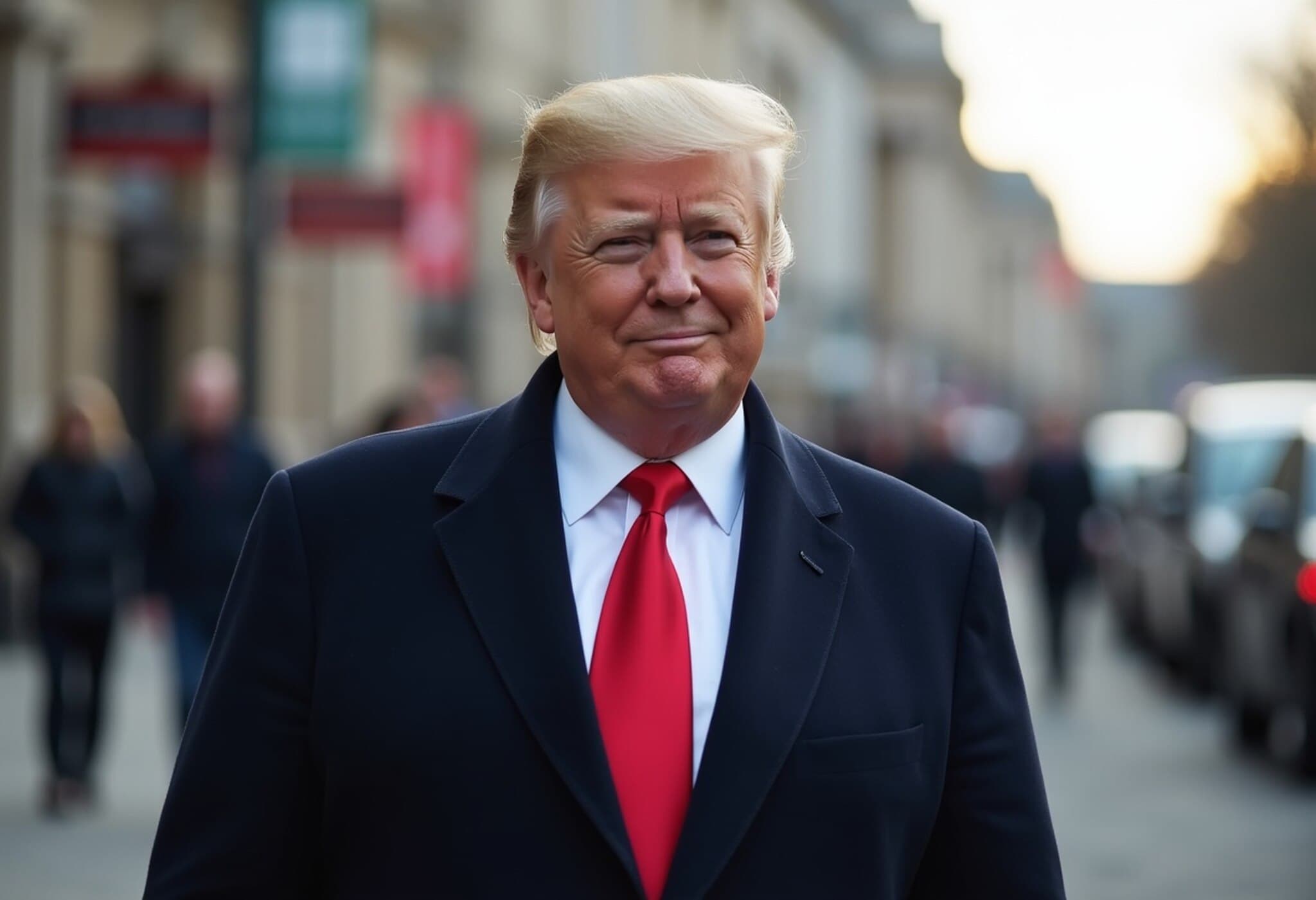Understanding the Power Law in Venture Capital
In the fast-paced world of venture capital, investors face a daunting challenge: deciding which startups to back from thousands of pitches. Peter Specht, a general partner at the European venture capital firm Creandum, sheds light on the time-tested principle guiding these decisions — the power law.
Originating from 19th-century economist Vilfredo Pareto’s observations, this principle highlights a striking imbalance: a tiny fraction of investments produces the vast majority of returns. Specht explains, "One or two massive winners outweigh all other investments combined." For venture capitalists (VCs), this means hunting for companies with the potential to become outliers like Spotify, Revolut, or Klarna — startups that transform markets and generate blockbuster returns.
Why the Power Law Shapes VC Decision-Making
The inherent riskiness of startups means many early bets don’t pan out. However, the few that succeed can generate exponential returns that eclipse the losses from failed ventures. Specht emphasizes, "From a return perspective, you want to really hit the outliers. A single $50 billion exit can outweigh multiple $1 billion successes combined." This focus on the "home runs" informs everything from initial screening to follow-on investment.
What Founders Must Do to Win VC Backing
Europe’s startup funding landscape is evolving but still faces an uphill climb compared to the U.S. For example, the average European seed round was $1.4 million in 2024, less than half the U.S. average of $3 million. Growth-stage rounds see an even starker divide, with American startups twice as likely to secure funding rounds exceeding $15 million.
Amid this environment, founders aiming for VC backing must demonstrate "outsized-outcome potential." Specht advises founders to craft narratives that clearly articulate why their startup can become a category-defining company — one that reshapes markets, not just incrementally improves them.
- Showcase deep understanding of the market landscape and how the product can scale.
- At seed stage, validate the idea through pilot users or early product feedback.
- If pre-product, provide compelling evidence the offering fills a unique, urgent market gap.
- Highlight the founding team’s exceptional skills, motivation, and domain expertise.
Specht points out, "We want to understand not only what founders are doing but also their drive and excellence, whether technical skills or leadership." In some cases, achievements outside traditional work environments, such as sports or academics, can signify the tenacity and discipline that VCs value.
Bridging the European–American Fundraising Gap
Richard Stebbings, founder of 20VC, notes that American founders tend to pitch with greater boldness and conviction compared to many Europeans. "We Europeans are often too self-deprecating and hesitant to market ourselves effectively," he says.
Stebbings also critiques the trend among some European founders to include so-called "exit slides" in pitches early on, likening it to planning a divorce on your wedding day. This focus on the endgame rather than the journey can undermine confidence.
While Peter Specht disagrees that European founders lack ambition, he concurs there is room for improvement in storytelling: "U.S. founders excel at visionary storytelling and salesmanship, qualities that can help unlock more funding and scale." Enhancing narrative craft to accentuate bold visions and market potential could be key for European startups to close the funding divide.
Key Takeaways for Founders and Investors
- VCs seek startups with explosive growth potential—even if most bets fail.
- Strong, ambitious founding teams with domain expertise are essential.
- Pitching should focus on how your startup can become category-defining.
- European founders can benefit from adopting bolder, more visionary storytelling.
Editor’s Note
The power law remains the cornerstone principle behind venture capital’s risk-reward calculus, underscoring why a few transformative startups dominate portfolio returns. For American founders, bold narratives come naturally; for European startups, storytelling may be the missing ingredient in unlocking larger capital pools. As VC landscapes evolve globally, the challenge is clear: founders must not only build great products but must convincingly tell stories that capture investors’ imaginations and highlight their visions to become the next outsized winner. How will emerging markets adapt their fundraising cultures to compete on the world stage? This is a conversation worth following as innovation continues to shape the global economy.



















